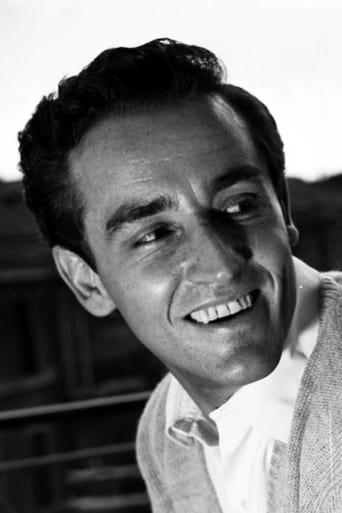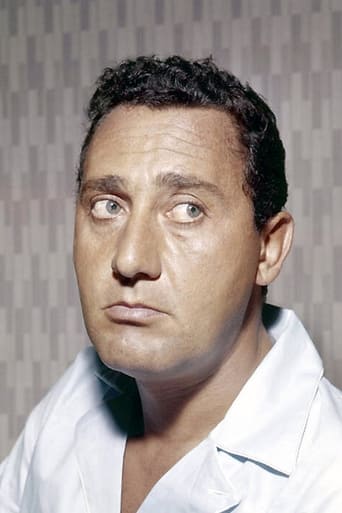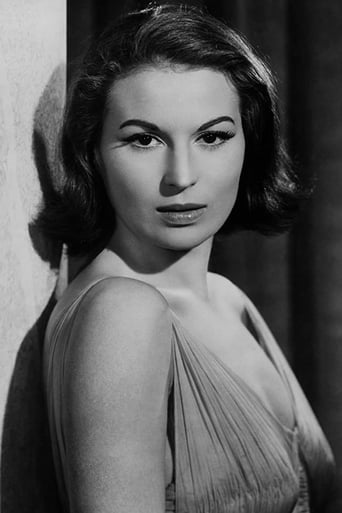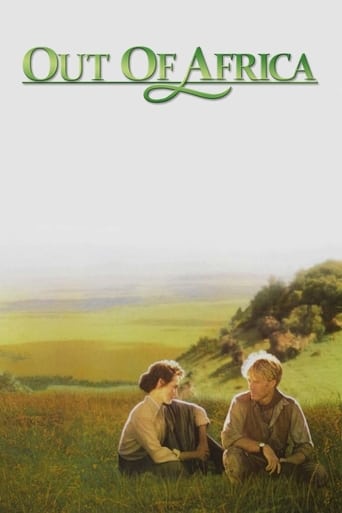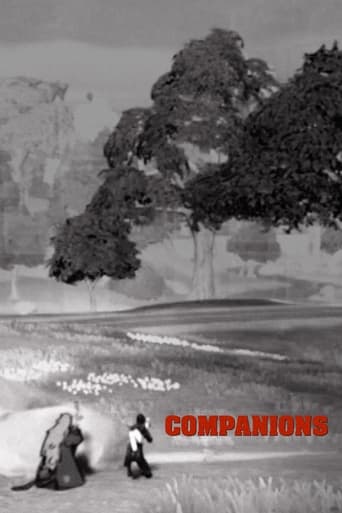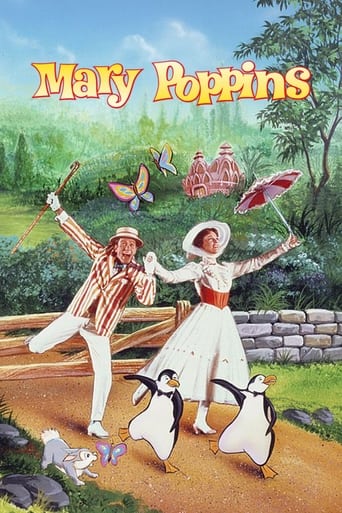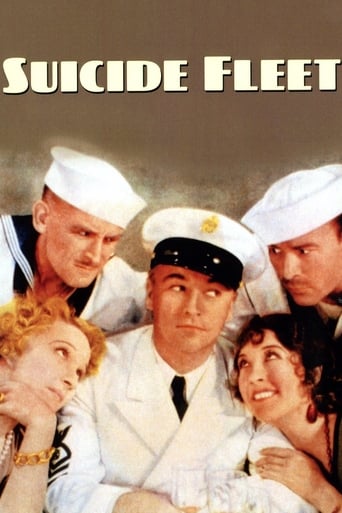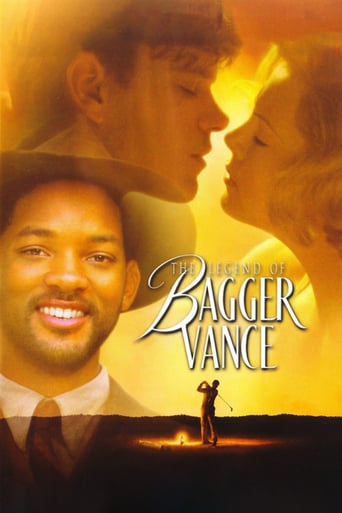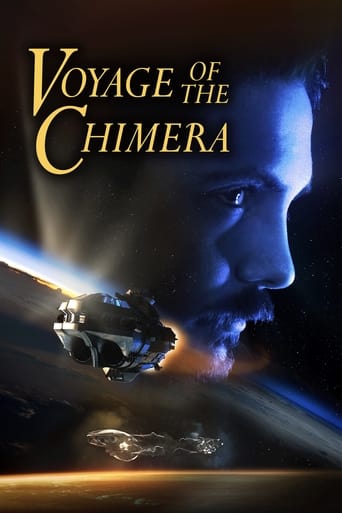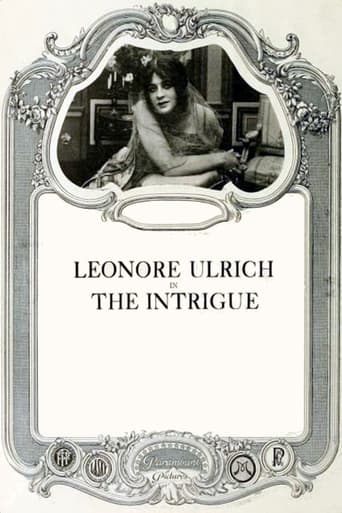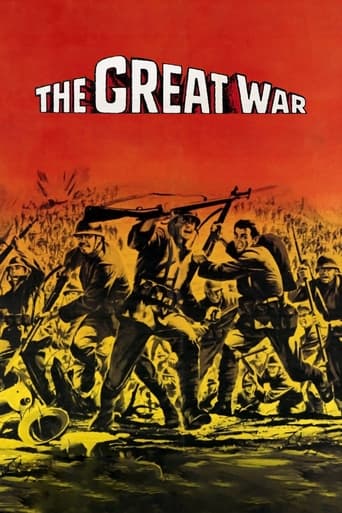
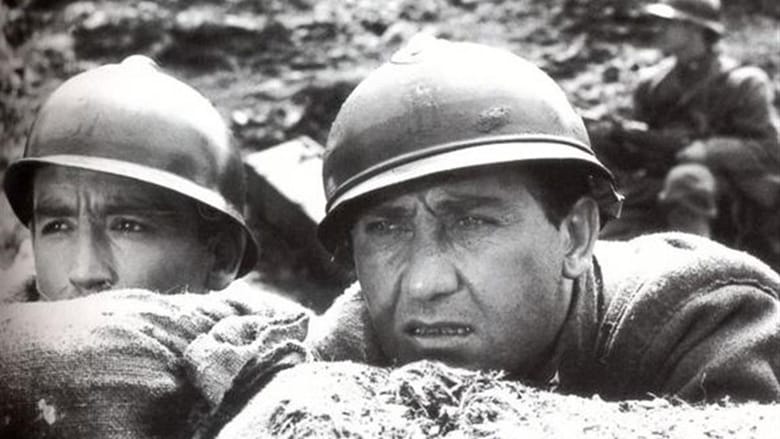
The Great War (1959)
Italy, 1916. Oreste Jacovacci and Giovanni Busacca are called, as all the Italian youths, to serve the army in the WWI. They both try in every way to avoid serving the army.
Watch Trailer
Cast
Similar titles

Reviews
the audience applauded
I really wanted to like this movie. I feel terribly cynical trashing it, and that's why I'm giving it a middling 5. Actually, I'm giving it a 5 because there were some superb performances.
The film's masterful storytelling did its job. The message was clear. No need to overdo.
It really made me laugh, but for some moments I was tearing up because I could relate so much.
Winner of the 1959 David (Italy's equivalent of the Oscar) Award for Best Film (shared with Generale della Rovere). Winner of the 1959 Venice Film Festival's Golden Lion for Best Film (also shared with Generale della Rovere). Alberto Sordi was voted Best Actor of 1959 for his performance in The Great War by the Syndicate of Italian Film Journalists. The Syndicate also voted Garbuglia's art direction as the best of the year. Nominated for the 1959 Award for Best Foreign Film, The Great War lost to Black Orpheus. COMMENT: For the most thrilling and effective use of genuine CinemaScope, it's hard to go past Mario Monicelli's La Grande Guerra. In this exceptionally lavish recreation of WWI Italian battlefields, Monicelli never allows a single square foot of waste space to appear on his screen. Instead his images are constantly crowded — almost always with men: ragged men, jostling men, cheering men, fighting men, slaughtered men, training men, retreating men, advancing men, hungry men, weary men, stupid men, brave men, victimized men, dead men. Vast columns of marching men are stretched across the screen, thousands often forming just a distant background to the forefront knockabout. Monicelli's idea was obviously to fill his screen to bursting with overflowing action. Somehow he has managed to persuade the producer to open his purse and spend more money on soldiery than Selznick did on Gone With The Wind. Just as the overwhelming hideousness of it all is beginning to lose its power, Monicelli skilfully pulls off a last-minute twist that drives home the film's firmly pacifist message with uncommon force. I'm not a fan of Vittorio Gassman, especially not Gassman in boisterous mode as here — well cast though he may be. But Sordi is ever appealing. Miss Mangano is saddled with a conventional and unlikely characterization which she plays with spirit if not conviction. Folco Lulli effectively repeats his Wages of Fear vignette. Blier's performance seems tired, but the Italian dubbing of his dialogue makes it difficult to judge. The other players are unknown to me, but all these minor roles were credibly cast, with Elsa Vazzoler especially compelling as Bordin's wife and Gerard Herter suitably menacing as the Austrian captain. It's true that the 140-minutes version does seem just slightly too long towards the two-hour mark, though, as said, interest is cleverly lifted soon after. The problem is, what scenes to cut? Those that could easily be removed with little loss of continuity are often the most effective and affecting. Personally, I'd take out Gassman's first long scene with Silvano Mangano — but no exhibitor in his right mind is going to do that!
Italy, 1916. Roman Oreste Jacovacci (Alberto Sordi) and Milanese Giovanni Busacca (Vittorio Gassman) are reluctantly recruited to Italian army during Austria-Italy war . They both attempting a great number of schemes to get out for fighting and working . Giovanni bribes Oreste, believing to his fake pledges to make him evading the army . Both of whom try in every way to avoid serving the army but their circumstance dictates otherwise , as the destiny make them meeting again on the train headed to the front. However , Oreste stolen money to Giovanni they become friends and in first times are allocated to a secondary front . As two Italian soldiers find themselves in the mists of Austrian front , much against their will . Here they spend some months in relative peace and Giovanni finds time to have affair with a whore named Constantina (Silvana Mangano married to producer Dino De Laurentiis) . But war is getting everyday closer and unfortunately, they fall in the hands of a stiff officer Lieutenant Gallina (Romolo Valli) and a tough sergeant (Livio Lorenzon) . During the most important battle among Italians and Austro-Hungarians, when the Italians had to defend the river Piave from the Austrians , Giovanni and Oreste are in charge to deliver a vital message to the Italian headquarters , but they are trapped . Austrian officer (Gerard Herter) that, under life menace, starts an interrogation to find out the Italian message . The Great War is hell at its hottest , men at their mightiest , the screen at its greatest! This is an amusing film about two rogues called to serve the army in the WWI , as all the Italian youths , as the Italian Army fought against the Austrians during World War I , being excellently re-enacted by including movements of large numbers of soldiers during battle frames that are well come-to-life . This is a zany comedy seeing the misfit couple in all kinds of troubles involving Italian Army . This entertaining Sordi and Gassman recital provides too much amusement in detailing the duo's exploits in the wartime front . Slightly muddled but generally nice performed . Lots of comedy and hilarious dialog , including some spectacular battles with hundred of extras provided by actual Italian infantry . The film relies heavily on the continuous relationship between Albert Sordi and Vittorio Gassman , but it doesn't makes tiring , neither dull but entertaining . The main premise results to be two bungler as well as coward soldiers who under twisted circumstances turn into heroes . Special mention to Silvana Mangano as prostitute Costantina who falls in love for Giovanni . Very good Italian support cast such as Folco Lulli , Bernard Blier , Romolo Valli , Carlo A'Angelo , Livio Lorenzon and Gerard Herter , among others . Evocative and adequate photography by master cinematographer Giuseppe Rotunno , Federico Fellini ordinary . Imaginative as well as sensitive musical score by the great Nino Rota , conducted by usual Franco Ferrara .The motion picture was well directed by Mario Monicelli who gets to capture the same period feeling during the Great War . Mario Monicelli was born in 1915 Tuscany and died in 2010 , Rome ; being a good writer/filmmaker expert on comedies . As he was a writer and director, known for The army Brancaleone (1966), La ragazza Con Pistola (1968) , The marquis of Grillo (1981) and his greatest hit : Rufufú (1958). In fact , his movies Rufufú (1958), The Great War (1959) were Oscar-nominate for "Best Foreign Language Film". Furthermore , The Great War won Golden Lion in Festival of Venice .
The Italians don't have a problem making fun of serious things. Roberto Benigni got the whole world laughing with a Holocaust movie. Lina Wertmüller satirized man's will to survive in her WWII dark comedy, Pasqualino Settebelezze. Mario Monicelli's La Grande Guerra, perhaps the grandfather of such movies, aims its satire at World War I.The movie follows Giovanni Busacca and Oreste Jacovacci, two comical anti-heroes who are drafted and spend most of the time trying to find ways to stay out of the front or acquire some rare comforts amidst the war. The movie is mostly plot less and instead emphasizes amusing episodic situations. This gives the movie maximum freedom to explore as many situations as the imagination of the screenwriters allowed.However this movie never stoops to frivolity. Amidst the horrors of war, there's a strong criticism of war in general and also of the way the soldiers are treated by their own country. Monicelli's camera shows the squalor of the trenches, the hunger, the worn boots and uniforms. The battles are bloody, chaotic situations; when it shows Giovanni and Oreste watching a bombardment in the distance, we share with them the relief we're somewhere else. We rejoice when they think their way out of a dangerous situation and commiserate with them over fallen friends.And like the best war movies, La Grande Guerra manages to show the best of mankind. Comradeship, selflessness, courage, loyalty are in display here.La Grande Guerra is over 50 years and yet remains an impressive experience. Modern movies can be technically more authentic, have better sfx, better make-up, have better sound mixing, etc., but $100 millions of budget won't buy them the emotional core of this forgotten movie.
I've only seen it twice, and it's already one of my favorite Italian movies of all time.Directed by legendary Mario Monicelli, this excellent comedy is set during WWI, when the Italians had to defend the river Piave from the Austrians.Two of the Italian soldiers happen to be really lazy cowards:Giovanni Busacca(Vittorio Gassman) from Milan and Oreste Jacovacci(Alberto Sordi) from Rome.They would rather spend their time at home with the mates and the ladies instead of fighting for their country.The only fights they have are with each other, both insulting the other one with their particular accents and dialects (you probably have to be Italian yourself to really appreciate most of the gags). The most interesting thing is perhaps how the two actors handle their roles: Sordi is very calm, controlled and "normal", while Gassman just can't stop being nervous, shouting and gesticulating all the time.Just like La Vita è Bella, this movie's purpose is to blame the horrors of war as well as making you laugh as much as you can.For those who like Italian cinema, La Grande Guerra is a must-see.
